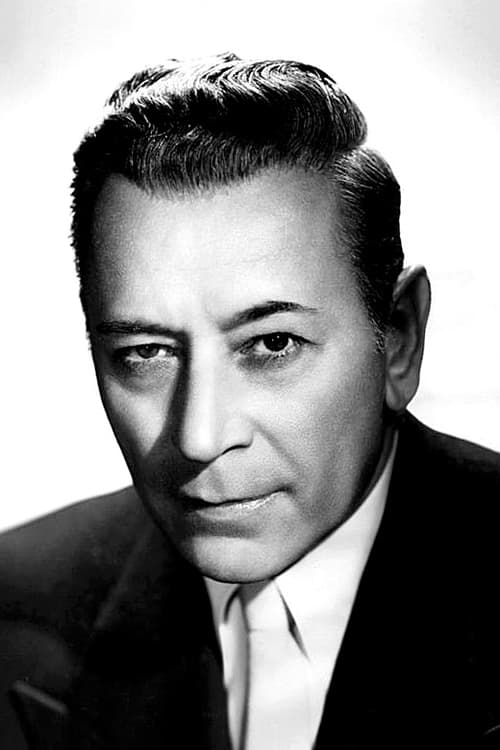
George Raft (born George Ranft; September 26, 1901 – November 24, 1980) was an American film actor and dancer identified with portrayals of gangsters in crime melodramas of the 1930s and 1940s. A stylish leading man in dozens of movies, today Raft is mostly known for his gangster roles in the original Scarface (1932), Each Dawn I Die (1939), and Billy Wilder's 1959 comedy Some Like It Hot, as a da...
Explore all movies appearances
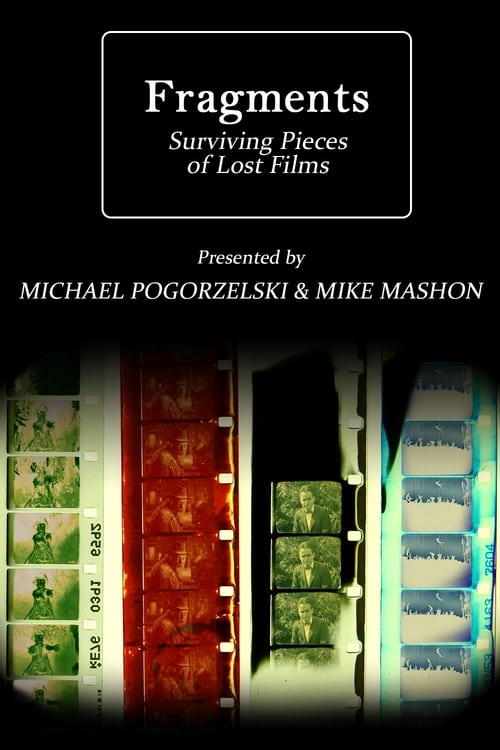
Among the pieces featured in Fragments are the final reel of John Ford's The Village Blacksmith (1922) and a glimpse at Emil Jannings in The Way of All Flesh (1927), the only Oscar®-winning performance in a lost film. Fragments also features clips from such lost films as Cleopatra (1917), starring Theda Bara; The Miracle Man (1919), with Lon Chaney; He Comes Up Smiling (1918), starring Douglas Fairbanks; an early lost sound film, Gold Diggers of Broadway (1929), filmed in early Technicolor, and the only color footage of silent star Clara Bow, Red Hair (1928). The program is rounded out with interviews of film preservationists involved in identifying and restoring these films. Also featured is a new interview with Diana Serra Cary, best known as "Baby Peggy", one of the major American child stars of the silent era, who discusses one of the featured fragments, Darling of New York (1923).
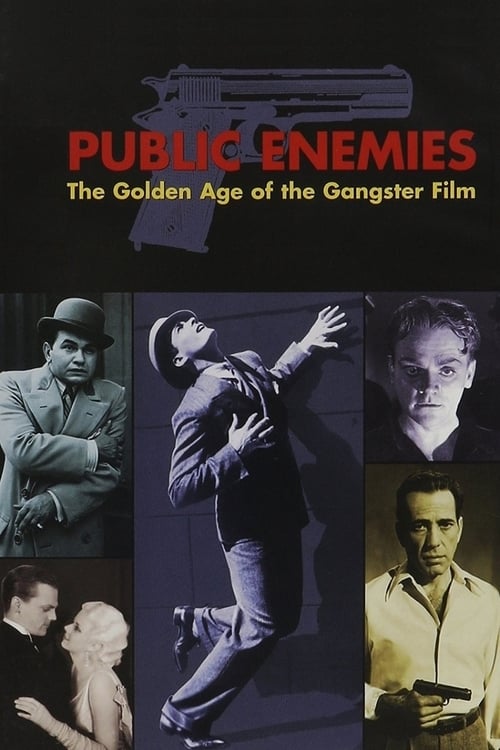
Produced for Turner Classic Movies, this documentary looks at the early days of the gangster film.
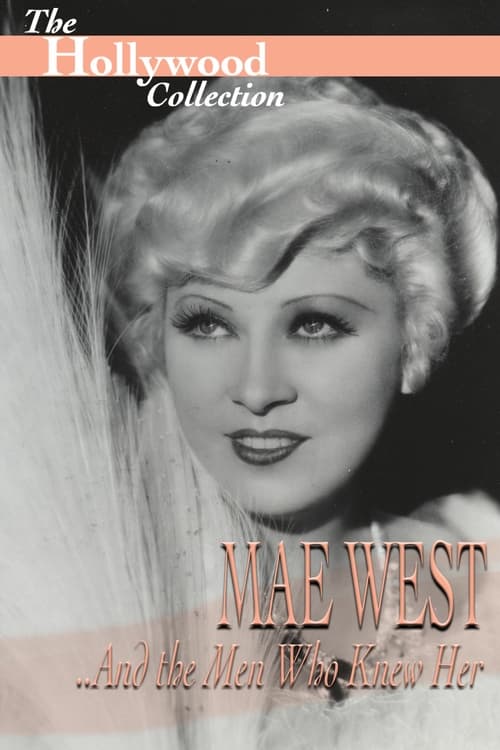
As the first "blonde bombshell," Mae West reigned supreme and changed the nation's view of women, sex and race — on stage, in films, on radio and television.
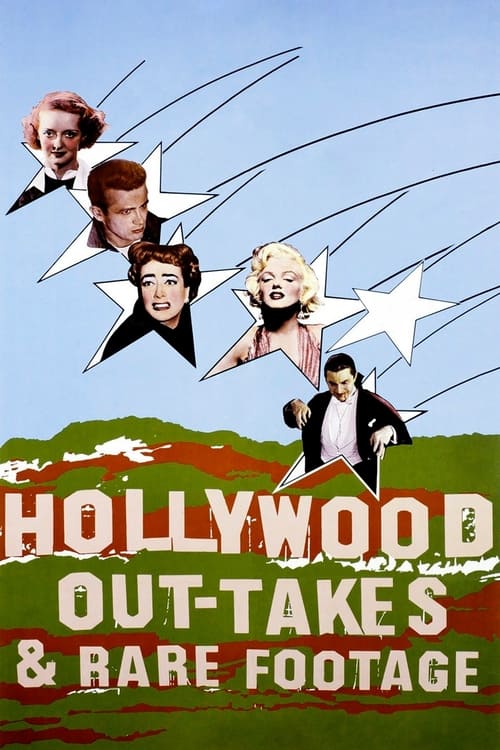
Out-takes (mostly from Warner Bros.), promotional shorts, movie premieres, public service pleas, wardrobe tests, documentary material, and archival footage make up this star-studded voyeuristic look at the Golden age of Hollywood during the 30s, 40, and 50.
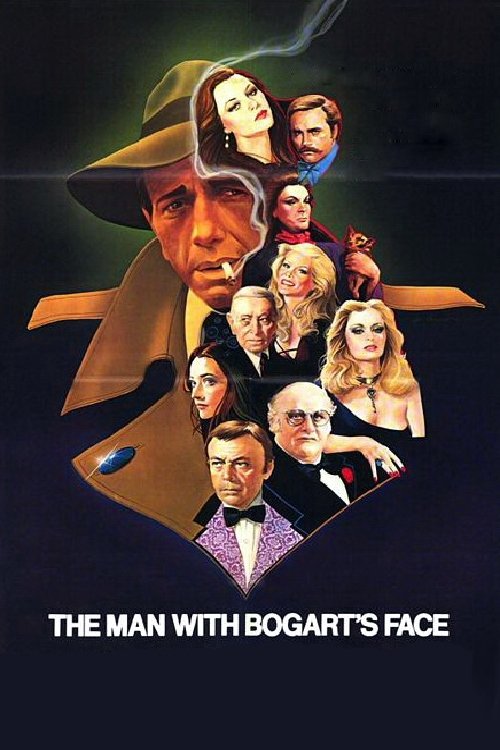
In this send-up of the Humphrey Bogart detective films of the 1940s, a man idolizes Bogart so much that he has his features altered to look exactly like him and then opens up a detective agency under the name Sam Marlow.
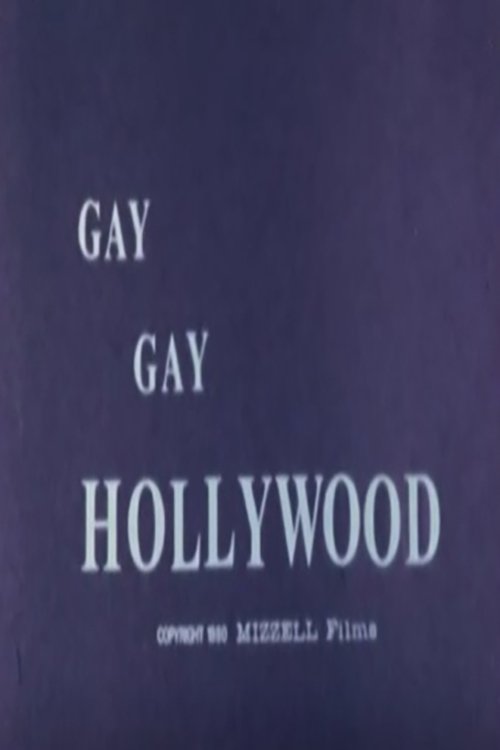
The short shows various clips from Hollywood feature films that, like the title of the film, are full of double entendre. It includes a segment from a Little Rascals short, a performance by Glen Campbell (who ironically was a well-known homophobe), and a segment from a Gene Autry singing cowboy western, as well as a Jerry Lewis bit with Jerry in drag.
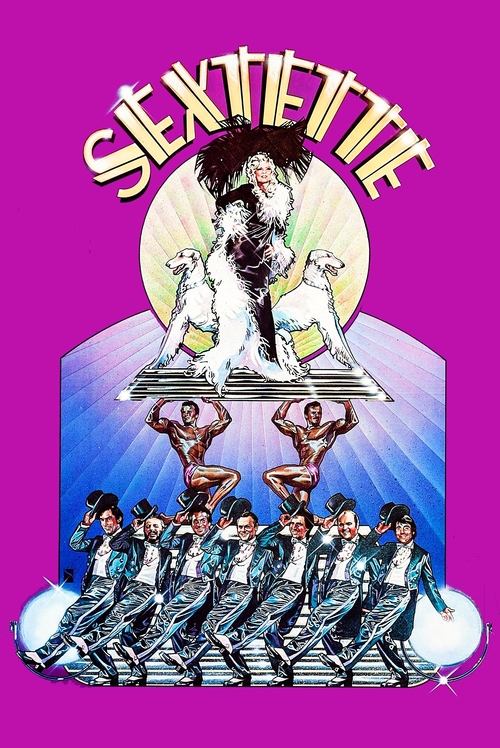
On the day of her wedding to her sixth husband, a glamorous silver screen sex symbol is asked to intervene in a political dispute between nations, which leads to chaos.
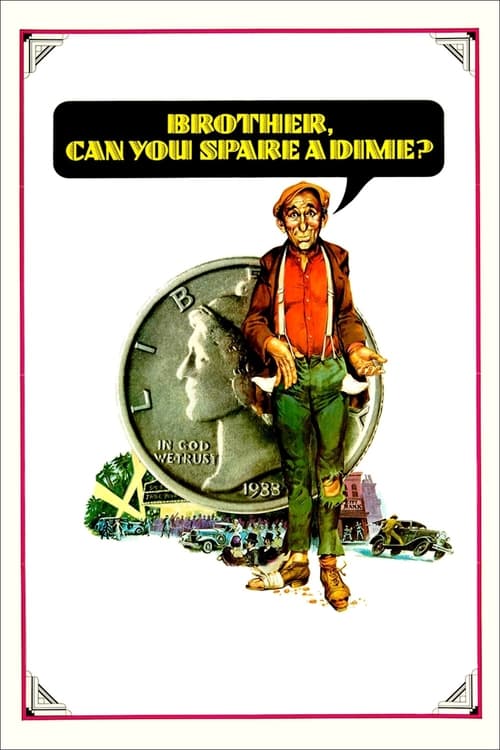
Period music, film clips and newsreel footage combined into a visual exploration of the American entertainment industry during the Great Depression.
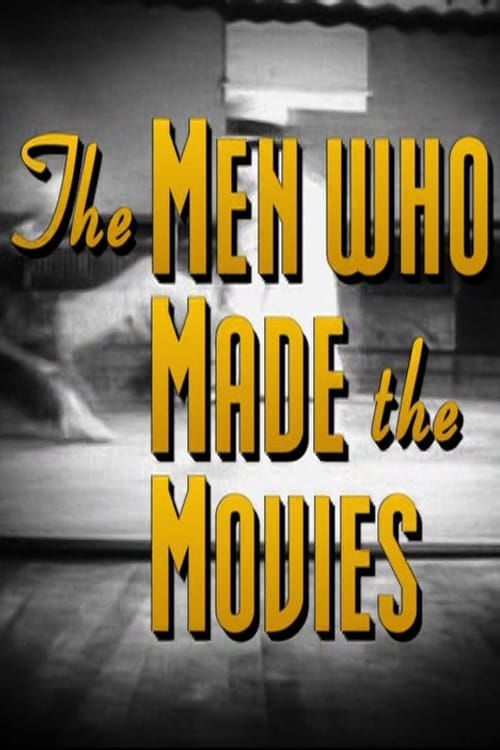
A documentary filmography of Howard Hawks, including lengthy footage of Hawks himself discussing his films and many clips from his best-known pictures.
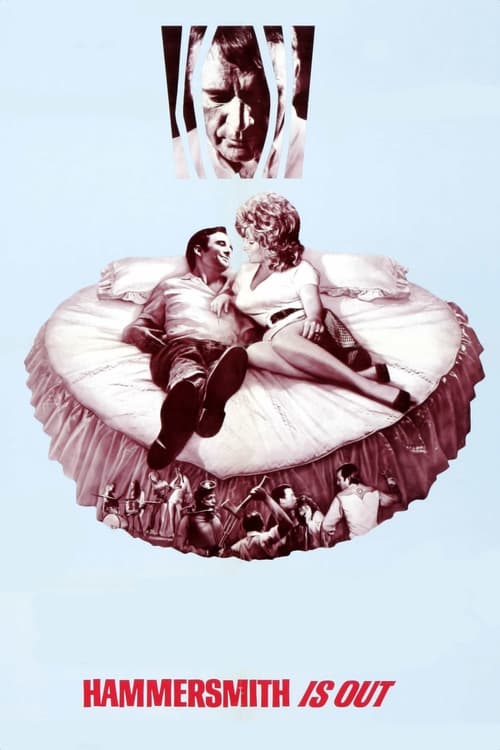
The Faust legend retold (loosely) and applied to a mentally disturbed patient in a hospital run by a doctor of dubious sanity himself. The patient offers the innocent orderly vast riches if he'll help him escape.
Subscribe for exclusive insights on movies, TV shows, and games! Get top picks, fascinating facts, in-depth analysis, and more delivered straight to your inbox.